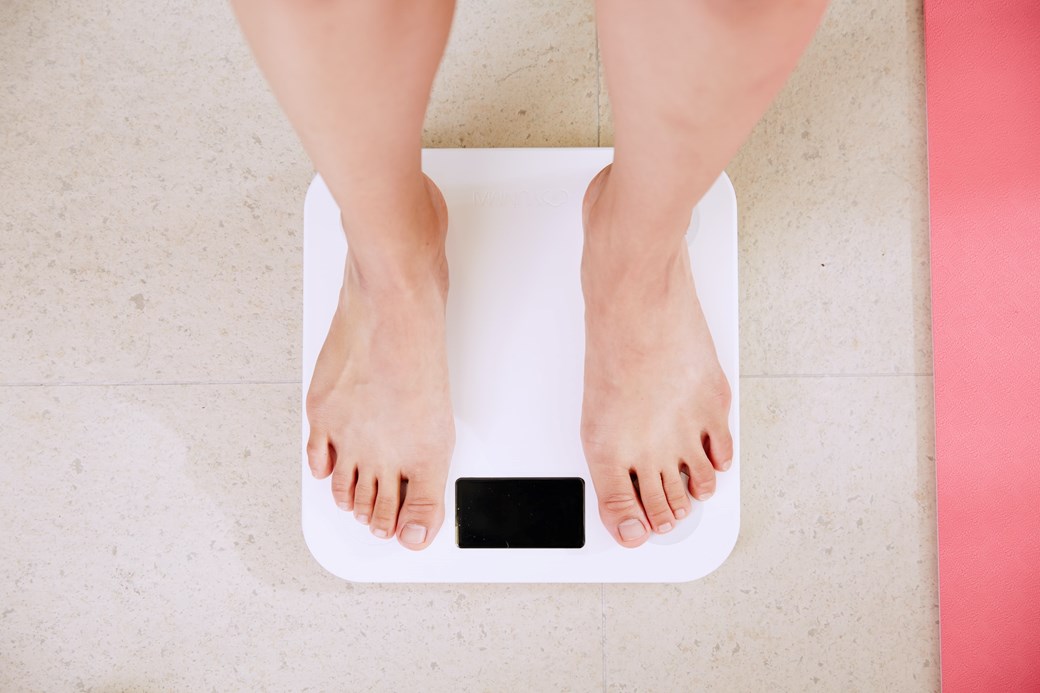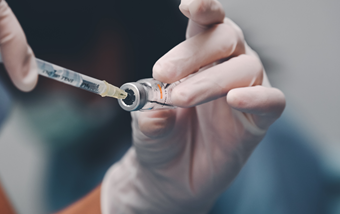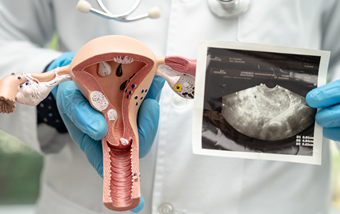A high BMI in women can impact your ovarian function and the way that your body responds to any medication used in fertility treatment is affected, which are both particularly important factors when going through IVF. If your BMI is higher than recommended, it could also mean you are at greater risk of any pregnancy complications, so most fertility clinics will have maximum and minimum BMI limits to ensure you are kept safe.
BMI is not just an issue for women – men have to be careful about their weight too, to ensure their sperm is not affected. Men who are significantly overweight may have problems with their sperm motility, as well as sperm count.
BMI limits exist to make sure that both you and your babies health are protected. It is important to make sure that you don’t have any underlying health conditions which are affecting your BMI, so that you can address these with your consultant and receive any necessary treatment.
To find out if your BMI is in the ideal range for IVF, take a look at our BMI calculator.
Can I get pregnant with a high BMI?
You can get pregnant if you have a BMI that is either higher or lower than the healthy range, although your chances of success may be affected. Studies have shown that a high BMI can affect the quality of your eggs, whilst a BMI that is too low can impact your chances of pregnancy and may also increase the risk of complications.
What is the optimal BMI when trying to get pregnant?
The ideal BMI for getting pregnant, either naturally or through IVF, is between 19 and 25; typically, IVF can be less successful in women with a BMI over 30. High BMI can also be associated with anesthetic risks during egg collection, and pregnancy complications such as diabetes and high blood pressure.
To ensure you have the best possible chance of getting pregnant either from IVF or naturally, it’s important to ensure that you are at as healthy a weight as possible. The National Institute of Clinical Evidence (NICE) guidelines recommend that you make sure your BMI is between 19-30, so that you have the best chances of getting pregnant when going through fertility treatments.
When considering IVF, it’s important to ensure you are living a healthy lifestyle, as this can help you get the best possible outcome from your treatment. To help you get ready for IVF treatment, we’ve put together some useful top tips and lifestyle changes you can make to get your body ready for IVF – read them here.
If you would like to discuss your own situation with one of our experienced and friendly patient support team then please give us a call on 0330 0580 800.




